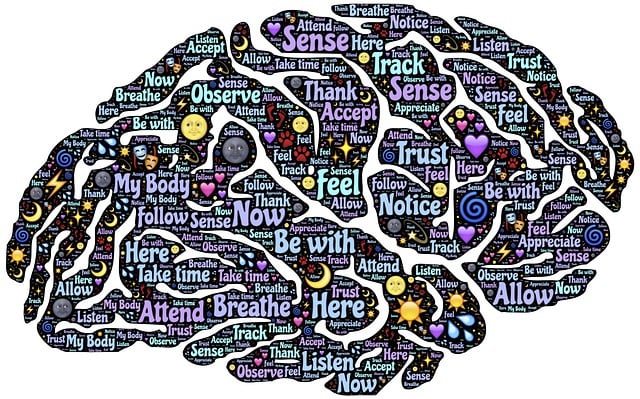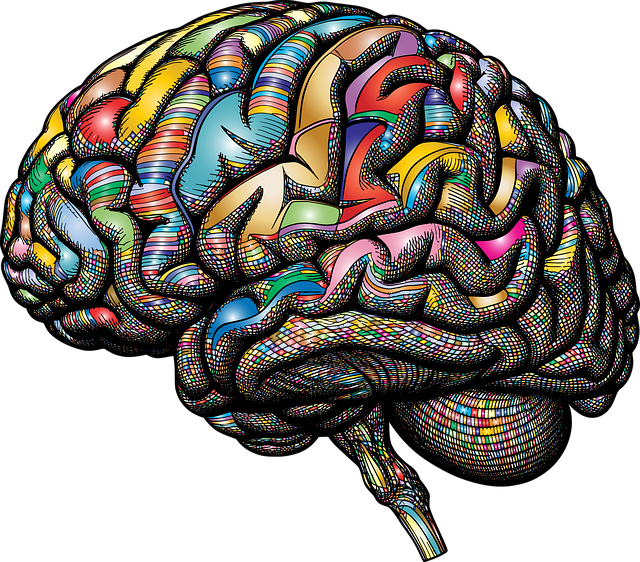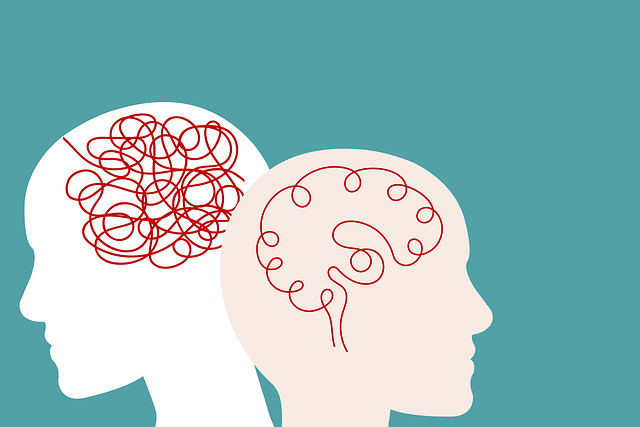Understanding Mental Health Data is key for effective treatment strategies, especially in specialized areas like Boulder Gambling Therapy. The process involves collecting data from various sources, preparing it meticulously, and employing statistical techniques to identify patterns. This enables personalized treatment plans, enhanced therapeutic outcomes, and improved mental health initiatives. In Boulder Gambling Therapy, therapists analyze client journeys and data trends to adapt therapy dynamically. Ethical considerations, including privacy, informed consent, and algorithm bias mitigation, are vital as the field advances with AI integration, aiming for improved diagnostics and evidence-based policy formulation.
Mental health data analysis is a powerful tool for understanding and improving well-being. This article explores the process of collecting, preparing, and interpreting data related to mental health, with a specific focus on Boulder Gambling Therapy. We delve into statistical techniques that reveal hidden patterns, showcasing their practical applications in clinical settings. Furthermore, we discuss ethical considerations and future directions, emphasizing the importance of responsible data handling in advancing mental health care, particularly within the context of gambling therapy in Boulder.
- Understanding Mental Health Data: Collection and Preparation
- Statistical Techniques for Analysis: Uncovering Patterns and Insights
- Interpreting Results: Practical Applications for Boulder Gambling Therapy
- Ethical Considerations and Future Directions in Mental Health Data Analysis
Understanding Mental Health Data: Collection and Preparation

Understanding Mental Health Data is a critical step in effective treatment and support strategies, especially in areas like Boulder Gambling Therapy. The process begins with data collection, which involves gathering information from various sources such as patient records, surveys, and clinical assessments. This raw data is then meticulously prepared for analysis, ensuring its accuracy and relevance. The preparation phase includes cleaning the data to eliminate errors and inconsistencies, handling missing values appropriately, and transforming it into a suitable format for analysis.
In the context of Mental Wellness, Risk Assessment for Mental Health Professionals plays a pivotal role in identifying potential risks and vulnerabilities among individuals seeking help. Proper data preparation enables therapists and support services, like Trauma Support Services, to gain valuable insights into patient demographics, symptom severity, and co-occurring disorders. This, in turn, facilitates personalized treatment plans, enhances therapeutic outcomes, and contributes to the overall improvement of mental health initiatives.
Statistical Techniques for Analysis: Uncovering Patterns and Insights

In the realm of mental health data analysis, statistical techniques play a pivotal role in uncovering hidden patterns and gaining valuable insights. By employing advanced methods, researchers and practitioners can navigate complex datasets to identify trends and correlations that inform effective treatment strategies. For instance, techniques like regression analysis help predict outcomes based on various factors, enabling personalized approaches to Boulder Gambling Therapy. This nuanced understanding allows professionals to offer tailored guidance, ensuring crisis intervention is more precise and proactive.
Furthermore, data visualization tools enhance the interpretation process by presenting complex information in accessible formats. These visual representations can reveal striking patterns in mental health trends, such as peak stress levels during specific seasons or the impact of certain life events on emotional well-being. Such insights are invaluable for designing Mental Health Education Programs and promoting Self-Care Routine Development, ultimately fostering a healthier and more resilient community.
Interpreting Results: Practical Applications for Boulder Gambling Therapy

When interpreting results from mental health data analysis, particularly in the context of Boulder Gambling Therapy, practitioners must delve into the nuances of each client’s journey. This involves identifying patterns and trends within the data that can offer valuable insights into the effectiveness of various therapy interventions. By closely examining responses to treatments like Empathy Building Strategies and Self-Awareness Exercises, therapists can tailor their approach to meet individual needs more effectively. The analysis should also consider the impact of Stress Management Workshops organized by the organization, as these sessions play a crucial role in holistic healing.
Practical applications stem from this data-driven perspective, allowing for personalized therapy plans. For instance, if the analysis reveals high stress levels among participants, therapists can incorporate more advanced Stress Management techniques into their repertoire. Conversely, if Self-Awareness Exercises prove successful in fostering positive changes, these exercises can be integrated into regular sessions. Such adaptations ensure that Boulder Gambling Therapy remains dynamic and responsive to clients’ evolving mental health landscapes.
Ethical Considerations and Future Directions in Mental Health Data Analysis

As mental health data analysis continues to evolve, ethical considerations become increasingly vital. Privacy and confidentiality are paramount, especially with the sensitive nature of mental health information. Researchers and professionals must ensure secure handling of data, adhering to strict regulations like HIPAA (Health Insurance Portability and Accountability Act) in the US. Informed consent is another cornerstone; individuals should understand how their data will be used, with options for participation or withdrawal. Bias in algorithms and models is a growing concern; efforts must be made to develop fair and unbiased tools that accurately represent diverse populations, including those from various cultural backgrounds and socioeconomic statuses. For instance, Boulder Gambling Therapy could benefit from such advancements, as they often deal with unique challenges tied to both mental health and addictive behaviors.
Looking ahead, the future of mental health data analysis holds immense potential. Integrating advanced technologies like artificial intelligence (AI) and machine learning can enhance diagnostic accuracy and treatment outcomes. These tools can identify patterns in large datasets, potentially predicting mental health crises or tailoring personalized treatment plans. Moreover, Mental Health Policy Analysis and Advocacy can be supported by data-driven insights, helping shape evidence-based policies and programs. Additionally, Mental Health Education Programs Design could leverage these advancements to create more effective learning materials and strategies, fostering a better understanding of mental well-being.
Mental health data analysis is a powerful tool that can significantly enhance our understanding of various conditions, including gambling-related issues. By applying statistical techniques and ethical considerations, professionals like those involved in Boulder Gambling Therapy can interpret data to develop effective treatment strategies. This article has explored the process from data collection to its practical applications, highlighting the importance of thorough analysis for improving mental health outcomes. As this field advances, continuous research and responsible data handling will be key to revolutionizing care and support for individuals seeking therapy.














